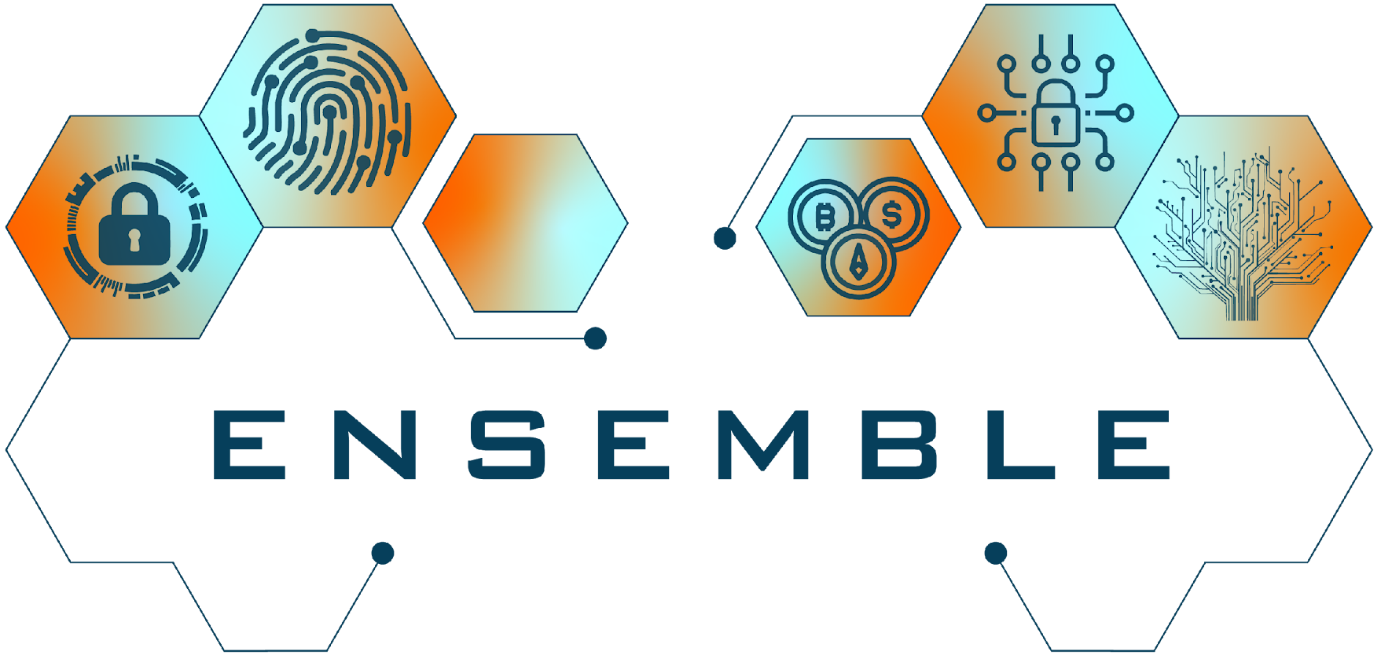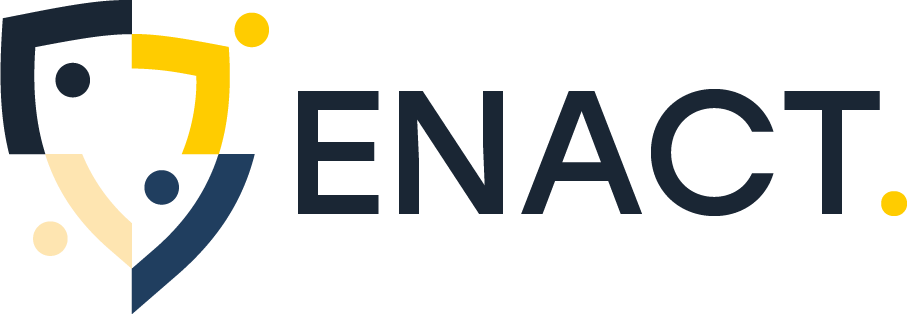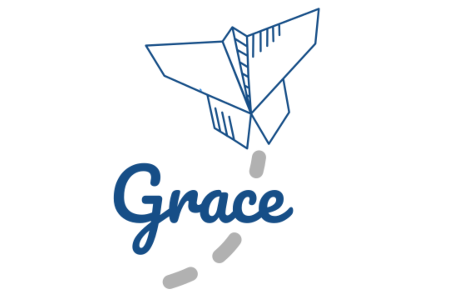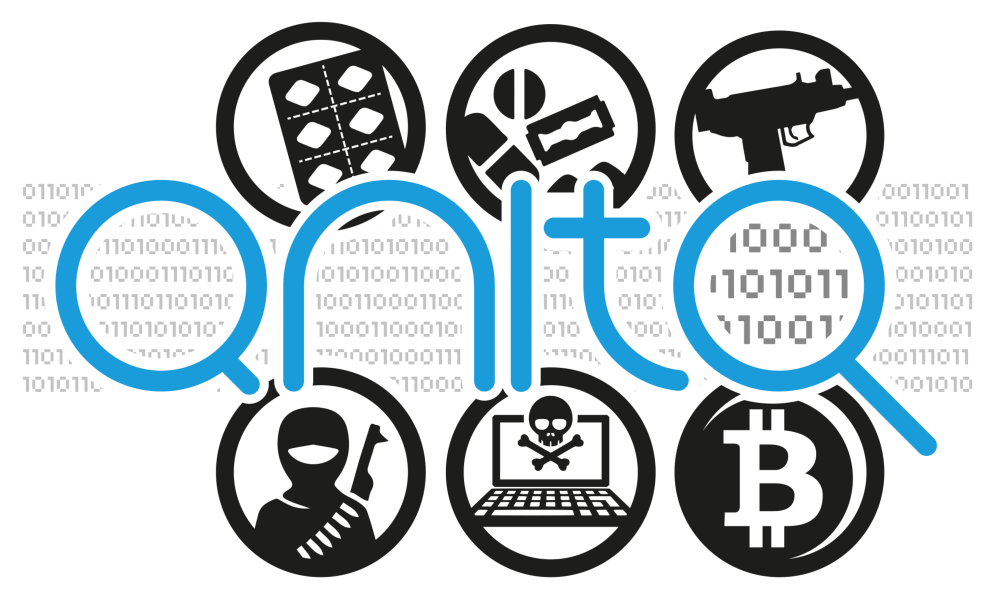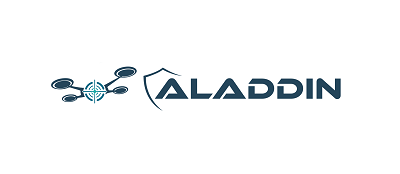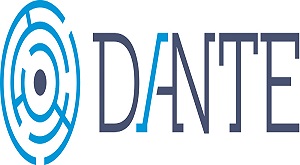Cut The Cord

|
Funding Organization
|
European Commission |
|
Funding Programme
|
Internal Security Fund - Police |
|
Funding Instument
|
Internal Security Fund - Police |
|
Starting Date
|
Nov. 1, 2021 |
|
Duration
|
24 |
|
Total budget
|
|
|
ITI budget
|
|
|
Scientific responsible
|
Dr. Petros Daras |
CTC
With the nature of terror incidents undergoing a technology-aided transformation (e.g. use of cryptocurrencies to enhance anonymity), the monitoring and analysis of financial transactions play a pivotal role in the effort to timely prevent actions and funding of global terrorism. Financial crime exploits every aspect of digital transformation and identifies non-traditional products for financing and supporting terrorist organizations, such as social media, cryptocurrencies, and other FinTech. The prevention and disruption of terrorism financing requires international cooperation and advanced investigative techniques based on new technologies.
To this end, CTC aims to enhance the public-private cooperation through the establishment of a wide stakeholder community, with the vision to sustain it beyond the end of the project. Joint training exercises (theoretical and hands-on) will be organised to build capacity of the Counter-Terrorism Financing end-users (LEAs, Financial Authorities and payment Services, Cryptocurrency AML organisations, FIUs etc.) in emerging terrorism financing risks and to enhance the preparedness end-users to tackle the financial activities of terrorist organisations. Finally, CTC will provide technical solutions based on AI tools for data acquisition and analysis of financial transactions (e.g. cryptocurrency transactions), as well as an information exchange mechanism based on decentralized technologies, to ensure secure and levelled information and intelligence sharing, along with digital evidence exchange in a timely manner.
As a result, CTC will develop the appropriate framework for sharing financial data so as to model suspicious transactional behaviour at the points of ingress and egress between traditional and digital economy, track the audit trail that has been followed by the criminals, improve the investigation capabilities of LEAs, and enhance the cooperation between different stakeholders involved in the “investigation supply chain”.


